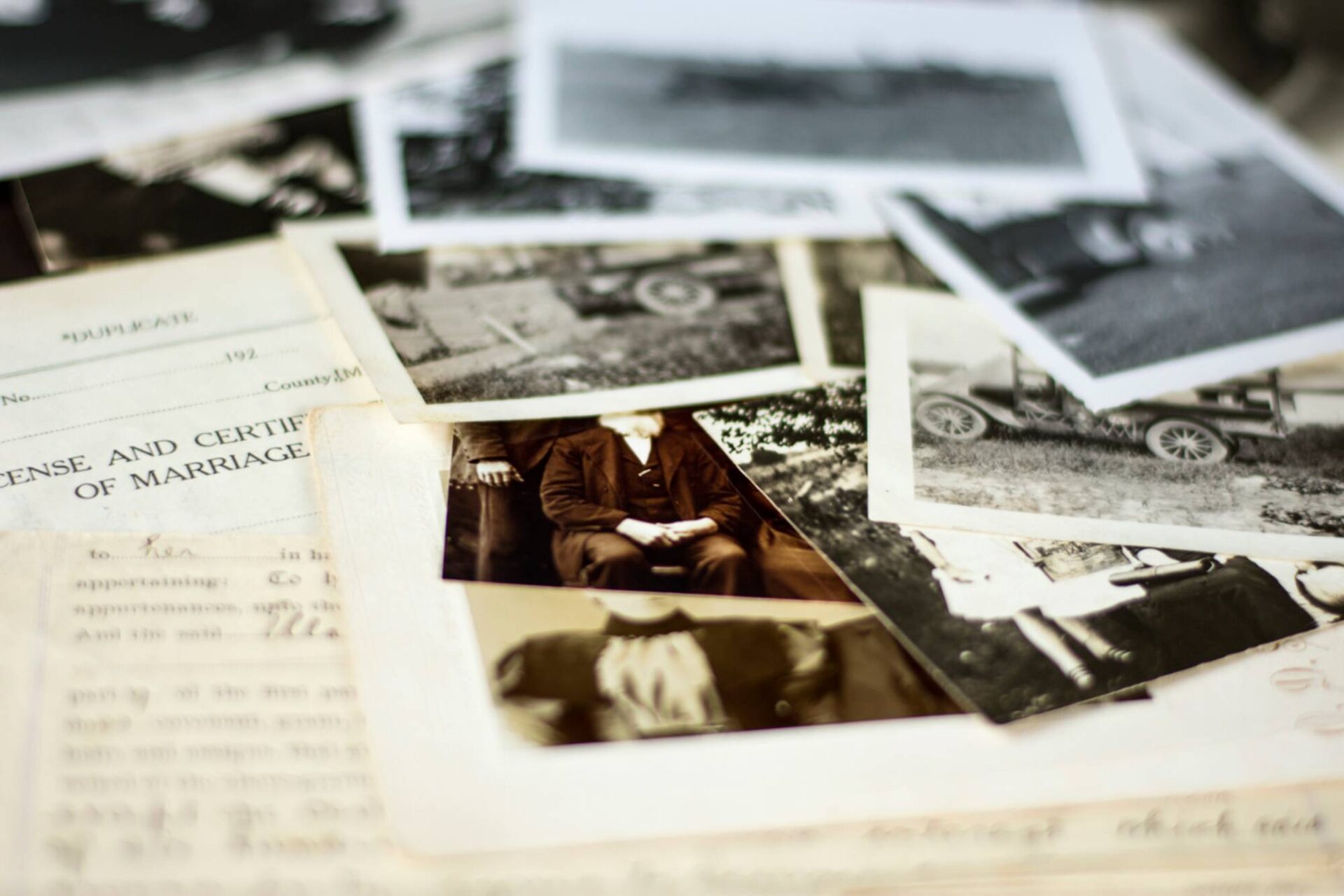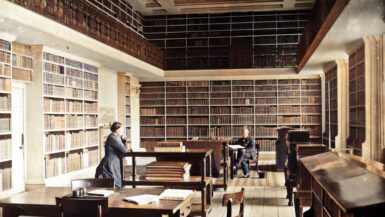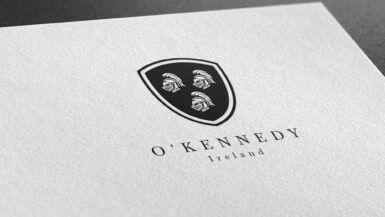The Bailey surname, while today found in many parts of the world, has strong roots in the British Isles, including Ireland. Its origin is often associated with the Middle English term “baili”, denoting a steward or official. However, in Ireland, the name can be traced back to the Old French “baille”, meaning an administrative district or ward, which came to the region following the Norman invasion.
Etymology and Meaning
“Bailey” essentially denotes someone who lived by a fortification, typically a castle’s outer wall or bailey. This would have been an essential structure in medieval times, offering protection to the village or town. Given this, individuals named Bailey might have had roles as caretakers, officials, or guardians of such fortifications.
Earliest Known Usage
The earliest recordings of the Bailey name in Ireland date back to the 13th century. With the Norman conquest of Ireland, many names of Norman-French origin became ingrained in the local culture, Bailey being one of them.
Geographic Distribution
While the Bailey name can be found in many counties in Ireland, there’s a significant concentration in regions of Ulster and Munster. Over time, especially with migrations, the name spread to various parts of the world, especially to England, the Americas, and Australia.
Original Geographic Location
Historical records point to the Bailey surname first appearing in North Tipperary, specifically around the area of Thurles. From there, the name spread to neighboring counties and regions.
Migration Patterns
The 17th and 18th centuries saw significant migration of Baileys from Ireland to North America, driven by socio-economic reasons, religious persecution, and later, the Great Famine. This diaspora resulted in the establishment of strong Bailey communities in the United States and Canada.
Historical Context
Notable Historical Events
The Baileys of Ireland, like many families, found themselves amidst historical whirlwinds, from clan feuds and territorial disputes in the Middle Ages to the more recent political struggles for Irish independence.
Involvement in Key Moments in History
While it’s challenging to pinpoint specific events, the Bailey family, given its widespread presence, would undoubtedly have participated in crucial moments in Irish history, from local governance to broader national movements.
Notable Irish Bearers of the Surname
Famous Individuals
- David Bailey (1938-present) – Though primarily associated with England, the renowned photographer has Irish roots. His work, particularly in the realm of fashion photography, has left an indelible mark on the industry.
Influential Figures
Over the years, several Baileys from Ireland have distinguished themselves in fields as diverse as politics, literature, science, and the arts, both within the country and in their adopted homes overseas.
Variations of the Surname
Spelling Variations
Due to regional dialects, phonetic spellings, and Anglicization, the Bailey name has several variations. Some common ones include “Baillie”, “Bayley”, “Bayly”, and “Baily”.
Regional Differences
While “Bailey” remains the most recognized form, certain regions, especially those with distinct dialects or languages, might lean towards other variations. In Scotland, for instance, “Baillie” is more prevalent.
Current Statistics and Distribution
Frequency and Global Distribution
The Bailey surname enjoys widespread recognition today. While it’s most commonly found in English-speaking nations like the UK, the US, Canada, and Australia, the Irish roots of the name remain strong.
Changes Over Time
From its association with medieval fortifications to its current global presence, the Bailey identity has undergone significant transformation. Its essence, however, remains consistent – a connection to heritage, place, and community.
Family Coat of Arms
Traditionally, the Bailey family coat of arms is depicted as a silver shield with a black horizontal stripe, accompanied by three red martlets, which are heraldic birds. The crest often displays a red martlet, symbolizing one who has to subsist by virtue and merit, not inheritance.






Leave a reply